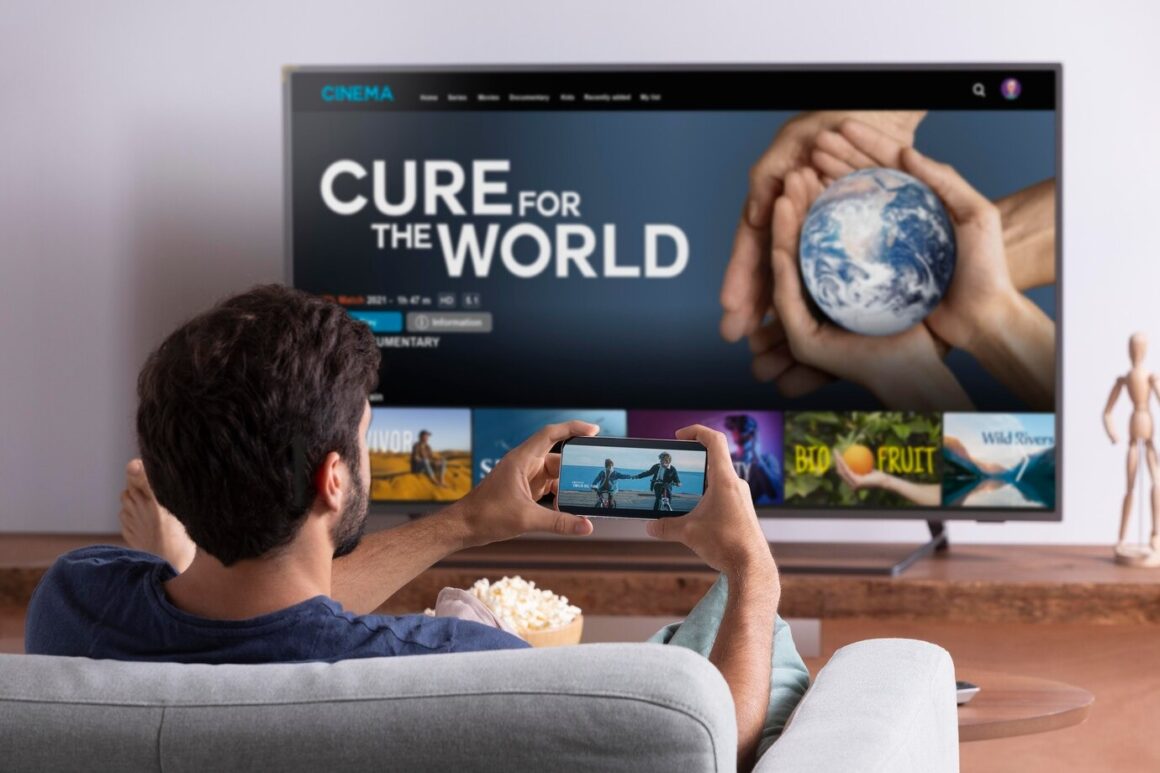Internet TV has gained popularity as an alternative to traditional cable or satellite services. Many are considering whether switching to internet-based TV is a smart choice. To help you decide, this guide covers key points to evaluate before making the switch.
Costs Compared to Traditional TV
Internet TV often comes at a lower cost than cable packages. Instead of paying for dozens of channels you may never watch, many platforms allow you to select specific plans tailored to your preferences. While the initial costs, such as investing in streaming devices or upgrading your internet plan, may seem high, the long-term savings often outweigh these expenses.
Variety of Content

One of the strongest advantages of Internet TV is the variety of content available. From global channels to niche streaming platforms, Internet TV opens access to entertainment options that traditional services cannot match. That is especially the case with well-known options like NordicIPTV.
However, subscriptions to multiple services can increase costs, so consider your viewing preferences before signing up for multiple platforms.
Flexibility in Viewing
Internet TV lets users watch content anytime and anywhere, provided there is an internet connection. You can stream on your television, smartphone, tablet, or computer, offering unmatched convenience. This flexibility makes it ideal for busy schedules or households with multiple viewers.
Importance of Internet Speed
A reliable and fast internet connection is essential for streaming without interruptions. Poor connectivity can lead to buffering and degraded video quality, which could make the switch frustrating. Check your internet speed to ensure it can handle high-definition streaming, and consider upgrading your plan if needed.
Device Compatibility
Many streaming services are compatible with popular devices, such as smart TVs, streaming sticks, and gaming consoles. Before switching, ensure your devices can support the platforms you plan to use. Some platforms may also require additional equipment or specific apps for optimal performance.
Additional Features
Internet TV services often come with advanced features, such as personalized recommendations, offline downloads, and parental controls. Live TV services may include the ability to pause, rewind, or record shows. Explore these features to determine if they align with your needs.
Comparing Live TV Options

If live TV is important to you, consider the options available through Internet TV providers. Many services now offer live sports, news, and entertainment channels. However, blackout restrictions and delays in live broadcasts might affect certain events, so review these aspects carefully.
Potential Drawbacks
Switching to Internet TV may have some drawbacks. Reliance on a stable internet connection means outages could interrupt your viewing. Additionally, some content may not be available without geo-restriction bypass tools, such as VPNs. Be prepared to manage these limitations if you choose to switch.
Trial Periods and Free Options
Many Internet TV platforms offer trial periods or free tiers. Use these opportunities to explore the content, features, and overall experience before committing to a subscription. This hands-on evaluation can help you decide if the switch is worth it.
Conclusion
Switching to Internet TV can be a cost-effective and flexible choice, but it depends on your preferences, internet reliability, and content needs. Evaluate the pros and cons carefully, and take advantage of trials or free tiers to see if it fits your lifestyle. This informed approach ensures that your decision will meet your expectations and provide the entertainment you value most.


